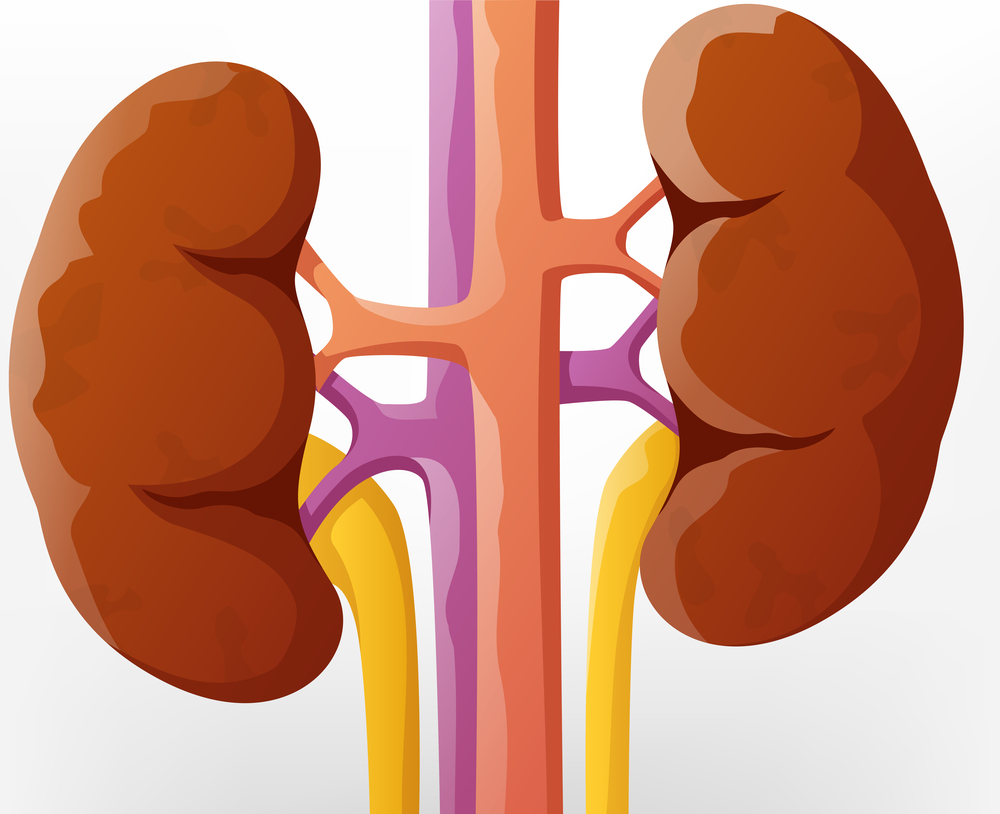I appreciate the fantastic guest post from Amanuel Tseggai, Pharm.D., BCPS!
There are plenty of clinical considerations when it comes to gabapentin. Here’s a scenario of using gabapentin in chronic kidney disease.
A 42 year old African American man with a history of coronary artery disease and decompensated heart failure s/p heart transplant and chronic kidney disease presented to a hospital on 9/29/16 complaining of shortness of breath, dyspnea upon exertion and LE edema. On admission his rapamycin level was undetectable which concerned the primary care givers of possible rejection.
Two days after his admission, a family member noticed some behavioral changes, including confusion, altered mental status which was confirmed by a nurse who was caring for him at the time.
Drug in question: Gabapentin 300mg q8h
Laboratory:
| Date: BUN SRCR CRCL |
| 9/29 45 3.83 28ml/min |
| 9/30 58 5.32 20 |
| 10/1 62 6.38 17 |
| 10/1 71 7.19 15 |
Action:
Gabapentin was discontinued and patient received hemodialysis the following day after transferring him to ccu.
According to progress note from nephrologist, patient showed some improvement in mental status after receiving dialysis, with some confusion accompanied with tachycardia. Uremia was suspected as the major contributing factor to his altered mental status, encephalopathy.
Discussion:
Clinical manifestations of uremic encephalopathy include fatigue, muscle weakness, malaise, headache, restless legs, asterixis, polyneuritis, mental status changes, muscle cramps, seizures, stupor, and coma.(ref: http://emedicine.medscape.com/article/245296-clinical)
Gabapentin has also been linked to causing behavioral changes such as confusion and CNS depression including somnolence and dizziness, which is more prominent in patients with renal impairment. (Lexicomp 2016).
Take home message:
Pharmacists who help manage patient’s regimen both in an institution and outpatient basis should be mindful of and closely monitor laboratory parameters that sway on how we treat patients one way or the other. Majority drugs, including Gabapentin, are eliminated by the kidneys and will accumulate to a toxic level in renally compromised patients as in this case.
Per Lexicomp, Gabapentin’s recommended dose in patients with renal impairment is as follows:
CrCl >15 to 29 mL/minute: 200 to 700 mg once daily
CrCl 15 mL/minute: 100 to 300 mg once daily
CrCl <15 mL/minute: Reduce daily dose in proportion to creatinine clearance based on dose for creatinine clearance of 15 mL/minute (eg, reduce dose by one-half [range: 50 to 150 mg/day] for CrCl 7.5 mL/minute)
ESRD requiring hemodialysis: Dose based on CrCl plus a single supplemental dose of 125 to 350 mg (given after each 4 hours of hemodialysis
Enjoy the blog? Get the 30 medication mistakes PDF for free, simply by providing an email to follow the blog!



Hey Eric!
Thank you for the post. As I read it I have come to realize that gabapentin is not on our Renal Dosing Protocol. It is a protocol that allows the pharmacist to adjust the physicians order based on patients renal function without contacting the physician. We have many diabetics who may have CKD or acute renal dysfunction and gabapentin is almost never adjusted the doses are kept the same as patient takes it at home. Can you explain why this may be so? and how would you approach this situation when you get a gabapentin order that needs to be verified?
Thanks ahead to those for any advice and help.
Your question is valid. I don’t believe many institutions have a protocol for Gabapentin that calls for dose adjustment in renally compromised patients. In my experience, dose changes or discontinuation of the drug usually occur when patient starts experiencing signs and symptoms suggestive of the drug in question, as in this case. Given that Gabapentin is primarily eliminated renally it’s beyond me as to why there’s no data base that would alert pharmacist to verify the dose in patients who have a declined kidney function. This is even more problematic in an outpatient setting where patient’s labs are not easily accessible, making it more difficult to make appropriate recommendations.
Very helpful info, thank you
You can thank Amanuel! – Overall, agree with what he wrote – thank you both!
Eric
Thank you both for the post and reply, really appreciate it. If anybody else has input, i would love to hear it.
I Have been on PD dialysis for 6 yrs my dermatologist prescribe gabapentin to me , it was 300 mg, I took it at night and wow I couldn’t drive the next day , dizzy , couldn’t see well, when I email my derm. I guess she didn’t understand my email, which I ask for a lower dose reply was no , I went to my primary doc had the dose lower to 100mg , it has become a little more controllable
Did he maybe mean nephrologist prescribed gabapentin? Why would a dermatologist prescribe it?
Should start with lower does and work up to full prescribed dosage if all goes well. sorry you had this bad experience.
I currently take gabapentin for trigeminal neuralgia and have CKD stage 3. Take 900-1200 gabapentin daily over past 20 years. Experiencing severe side effects of gabapentin that Im beginning to think correlate with decreased kidney
function. It’s becoming cyclic. Take normal dose of gabapentin until start to become confused and lethargic. Taper gabapentin and start to return to normal. Then hit with severe body pain back shoulders legs. Start increasing gabapentin. The cycle begins again. Able to decrease gabapentin since kidneys aren’t filtering as well.
I take 1600 mg. of gabapentin daily in two 800 mg. doses for trigeminal neuralgia! I have stage 3b kidney disease. I’ve been to;ld to lower the gabapentin or I coul need dialysis one day! However I cannot live with that pain! It’s hard to get strong pain medication these days! I’ve tried all other medicines. Gaaabapentin works the best! I don’t know what to do?!?